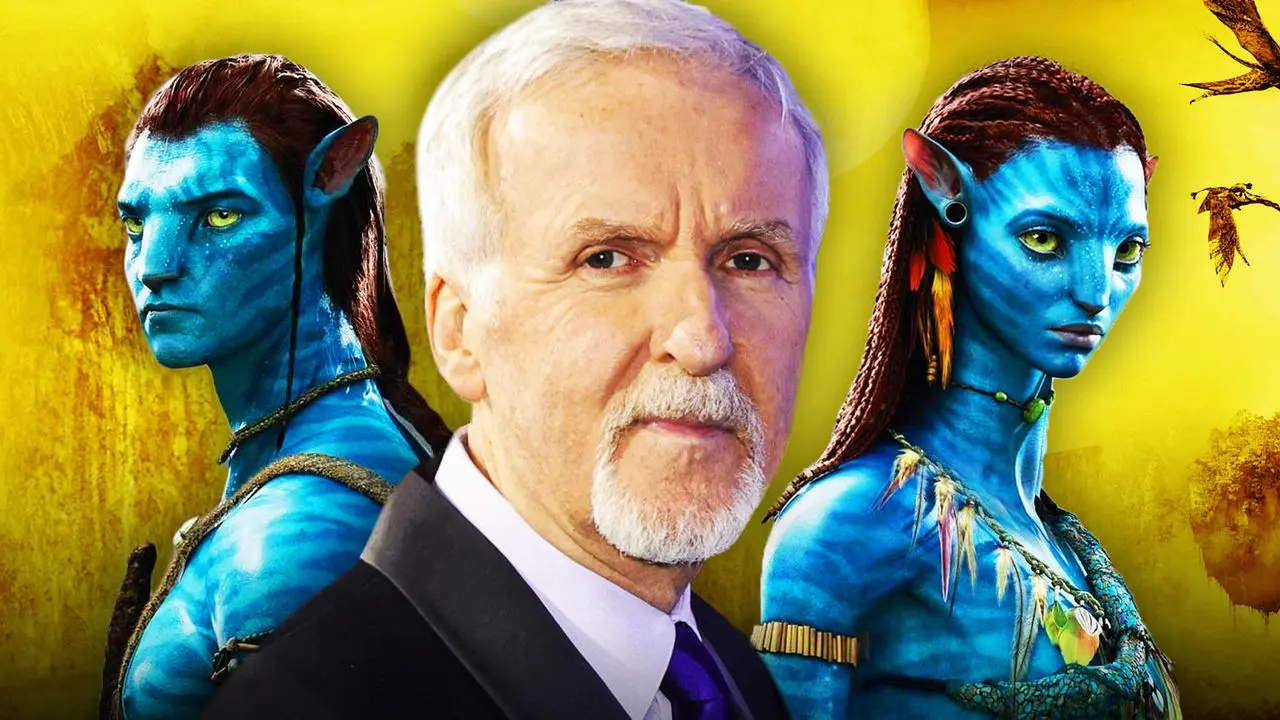“Avatar,” James Cameron’s latest commitment to the franchise, sparks a complex conversation about its impact on the broader landscape of sci-fi filmmaking. In the realm of science fiction cinema, few names resonate as profoundly as James Cameron. With an illustrious career that has given us such groundbreaking films as “The Terminator” and “Aliens,” Cameron’s cinematic visions have often set the benchmark for what is possible within the genre.

The Avatar Phenomenon
Since its inception in 2009, Avatar has stood as a colossus in the sci-fi genre, not just for its narrative ambition but for its unparalleled achievements in visual effects and 3D cinematography. The story of a former Marine thrust into the midst of an interstellar conflict on the alien world of Pandora captured the imagination of audiences worldwide, becoming a pivotal moment in cinematic history.
Fast forward thirteen years, Cameron returned with Avatar: The Way of Water, reigniting the franchise with plans for three more sequels slated for release in 2025, 2029, and 2031. This ambitious timeline promises to keep fans of the series engaged for years to come, with Cameron’s vision for the franchise remaining as expansive as the universe he has created.

A Blessing and a Curse
While the continuation of the Avatar saga is a testament to Cameron’s dedication and creative brilliance, it raises important questions about the implications for his contributions to the sci-fi genre and cinema at large. Cameron’s singular focus on expanding the Avatar universe means that his talents are not being applied to new projects or original stories that could further elevate the genre.
Congratulations to Director James Cameron – Golden Globe Nominee for Best Director, Motion Picture! #AvatarTheWayOfWater #GoldenGlobes pic.twitter.com/kGw9T6Mxy2
— Avatar (@officialavatar) December 12, 2022
The sci-fi genre thrives on innovation and diversity in storytelling. With Cameron’s attention locked on Pandora until possibly 2031, the industry is left to ponder what other masterpieces might have been realized had he diversified his directorial efforts. As Cameron himself has indicated a willingness to pass the torch for potential sixth and seventh installments, the question becomes whether his legacy within the sci-fi domain will be defined solely by Avatar.
The Future of Sci-Fi Cinema
Cameron’s journey with Avatar is a double-edged sword. On one hand, it represents a visionary’s relentless pursuit of a singular creative vision, offering audiences an immersive experience that pushes the boundaries of cinematic technology and storytelling. On the other, it embodies the opportunity cost of such singular focus in a genre that desperately needs the kind of innovation and diversity Cameron is known for.

As the Avatar series continues to unfold, its impact on the sci-fi genre will undoubtedly be significant. However, it also serves as a reminder of the delicate balance between pursuing a passion project and nurturing the broad spectrum of creativity that genres like science fiction so greatly benefit from.
In the end, James Cameron’s Avatar is more than just a series of films; it’s a landmark in cinematic history that challenges the industry to evolve while also cautioning against the pitfalls of creative tunnel vision. Only time will tell how Cameron’s legacy will be viewed in the annals of sci-fi cinema, but one thing is clear: his journey through Pandora is as much an exploration of his own artistic limits as it is of the universe he has created.









